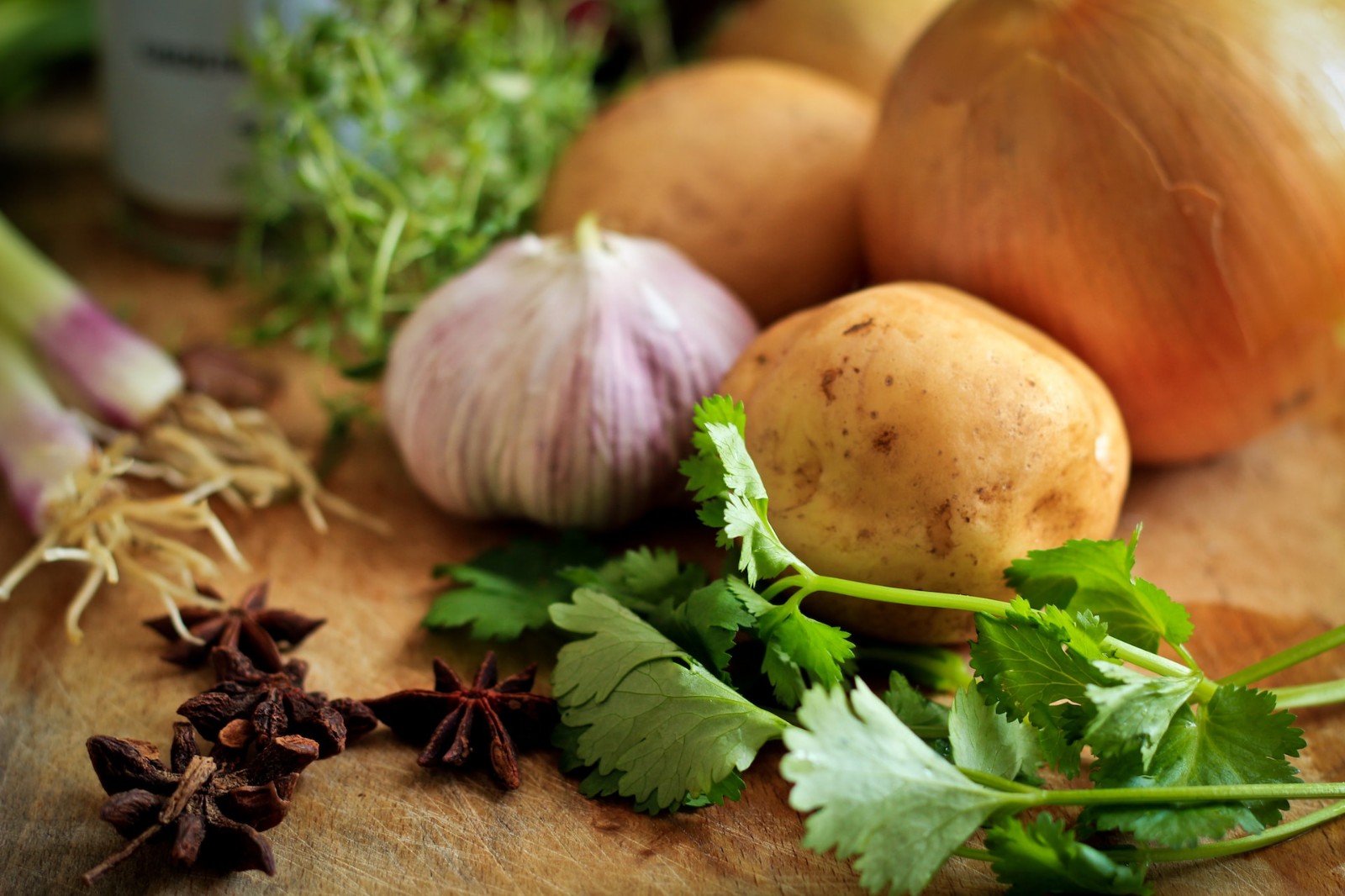
In recent years, the food ingredient industry in China has proposed a green concept of developing "natural, nutritious and multifunctional food ingredients." The trend of "returning to nature" for food ingredients has become irreversible, and natural food has become a key focus of food research and development. However, there has been ongoing debate about what exactly constitutes "natural" food ingredients. Recently, the national standard "Guidelines for the Use of Natural Food Ingredients" (draft for public comments) has been announced. Foodmate has summarized the technical requirements for natural food ingredients specified in the draft, and compared them with some related terms about "natural" in existing standards for your reference.
Ⅰ:Technical requirements for natural food ingredients in the draft are as follows:
(1) Attribute requirements: "natural food ingredients" should be categorized as "food ingredients," which refers to "substances used for manufacturing or formulating food and may exist in modified form in the final product."
(2) Raw material requirements: The raw materials of natural food ingredients should come from plants, algae, fungi, animals, microorganisms, minerals, or seawater. Fossil fuels should not be used as raw materials. However, "natural mineral water," "bottled water," and "seasonings" are not covered by the standard.
(3) Process requirements: Natural food ingredients should be obtained from raw materials through physical and/or enzymatic and/or microbial processing. However, inert and/or microbial processing should not produce substances that do not exist in nature. pH adjustment is allowed. When there are no physical, enzymatic and/or microbial processing methods available, other processes that do not alter the composition can be used. Each food ingredient in composite food ingredients should meet the corresponding production process requirements.
(4) Production requirements: Water can be used and mixed in the production process of natural food ingredients. One or more ingredients can be removed from the food ingredients without affecting their nature, provided that the composition remains unchanged.
(5) Product determination: Determination of natural food ingredients should be made based on the decision tree specified in the standard.
Ⅱ:Comparison between terms related to "natural" in existing standards and the draft for public comments:
In the existing standards, there is no specific provision for "natural food ingredients," and there are certain differences in terms related to "natural" compared to the draft for public comments. The following is a comparison of some terms related to "natural" in the existing standards and relevant documents with the draft for public comments.
(1) Natural Food
According to the "Fundamental terms of Food Industry" (GB/T 15091-1994), “natural food” refers to "foods that grow in the natural environment and can be consumed with rough processing, initial processing, or without processing." In the draft for public comments, it is specified that the raw materials of natural food ingredients should come from one or several of plants, algae, fungi, animals, microorganisms, minerals, or seawater. It does not require them to come from "natural food." Additionally, the process requirements for "natural food ingredients" in the draft are not limited to "rough processing, initial processing, or no processing."
(2) Natural Spices
In the "Classification of Natural Spices" (GB/T 21725-2017), natural spices refer to natural plant products such as fruits, seeds, flowers, roots, stems, leaves, peels, or whole plants that can be directly used and have aromatic, flavoring, and seasoning functions. The draft for public comments does not apply to seasonings (including spices).
(3) Natural Flavors
In the implementation guidelines of GB 2760, natural flavors are defined as natural aromatic complexes or chemically defined flavor substances obtained from animal or plant sources using physical methods, enzymatic methods, or microbial methods. These sources can be either unprocessed or processed using traditional food preparation processes suitable for human consumption. The raw materials for natural flavors in GB 2760 are limited to "animal or plant sources," which is narrower in scope compared to the raw materials specified in the draft for public comments for "natural food ingredients."
(4) Natural Casings
According to the "Natural Casings" (GB/T 7740-2022), natural casings are derived from the intestines, large intestines, bladders, and other organs of healthy livestock. These animal tissues undergo special processing such as scraping and degreasing, and the preserved parts are salted or dried for use as casings for sausage and other products. The regulations for natural casings align closely with the provisions of "natural food ingredients" in the draft for public comments.
(5) Natural Amaranth Red
The "National Food Safety Standard for Food Additives - Natural Amaranth Red" (GB 1886.110-2015) states that natural amaranth red is obtained by water extraction and ethanolic refinement using edible parts of red amaranth as raw materials. The processing of natural amaranth red does not alter its composition. The regulations for natural amaranth red are generally consistent with the provisions of "natural food ingredients" in the draft for public comments.
The explicit regulation of "natural food ingredients" would standardize the related claims in the market, promoting fair competition within the food and beverage industry. Foodmate kindly reminds that caution should be exercised when using "natural food ingredients" on labels. If this standard is successfully released, companies that emphasize the addition of "natural food ingredients" on food labels should indicate the corresponding amounts added or the content in the finished product in accordance with the provisions of the "General Rule for Prepackaged Food Labels" (GB 7718-2011) on food safety national standards.